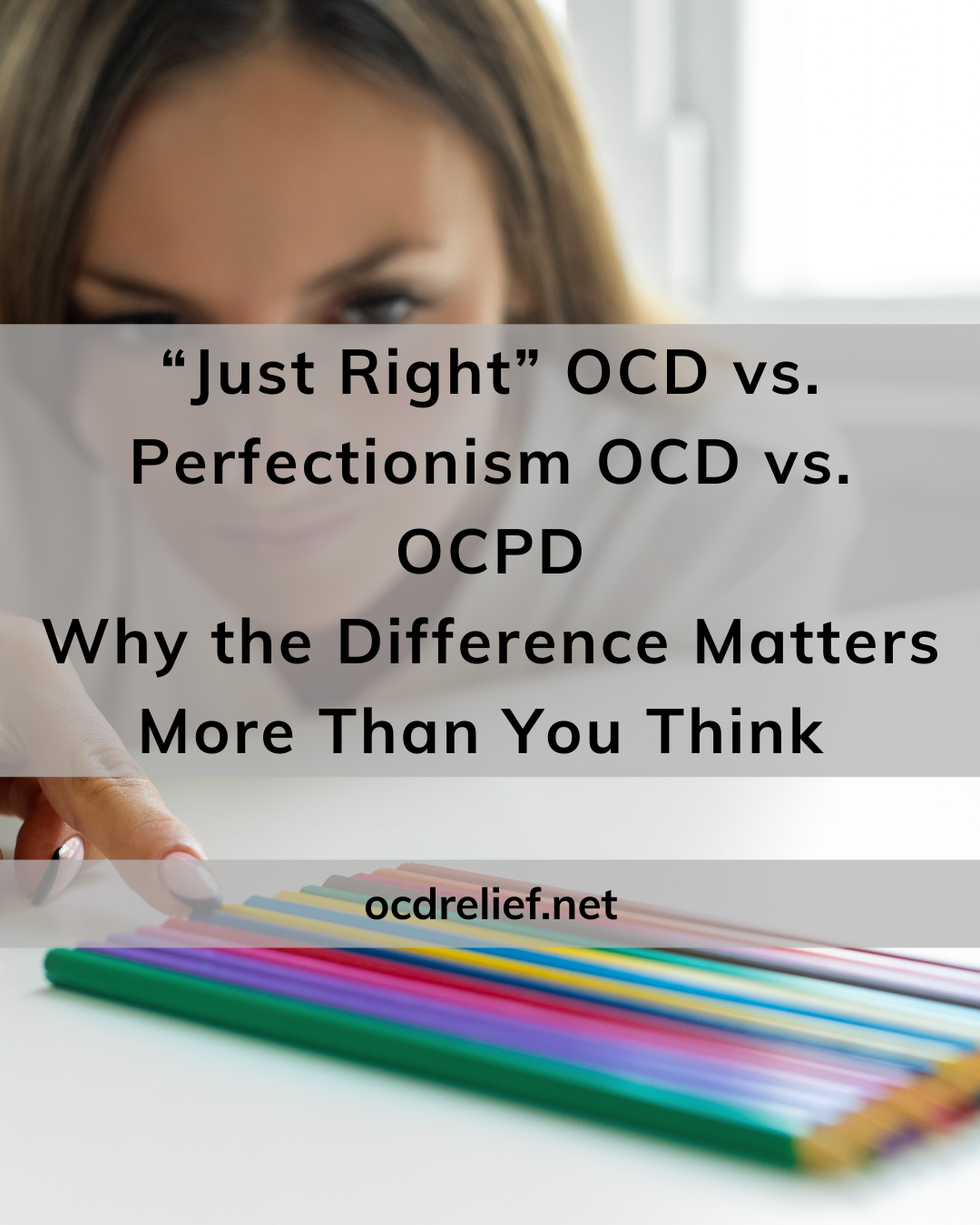
“Just Right” OCD vs. Perfectionism OCD vs. OCPD: Why the Difference Matters More Than You Think
Not all perfectionism is the same. Learn the key differences between “Just Right” OCD, Perfectionism OCD, and Obsessive-Compulsive Personality Disorder (OCPD), including core fears, insight, ego-dystonic vs. ego-syntonic traits, and why treatment must be tailored to what’s really driving the behavior.
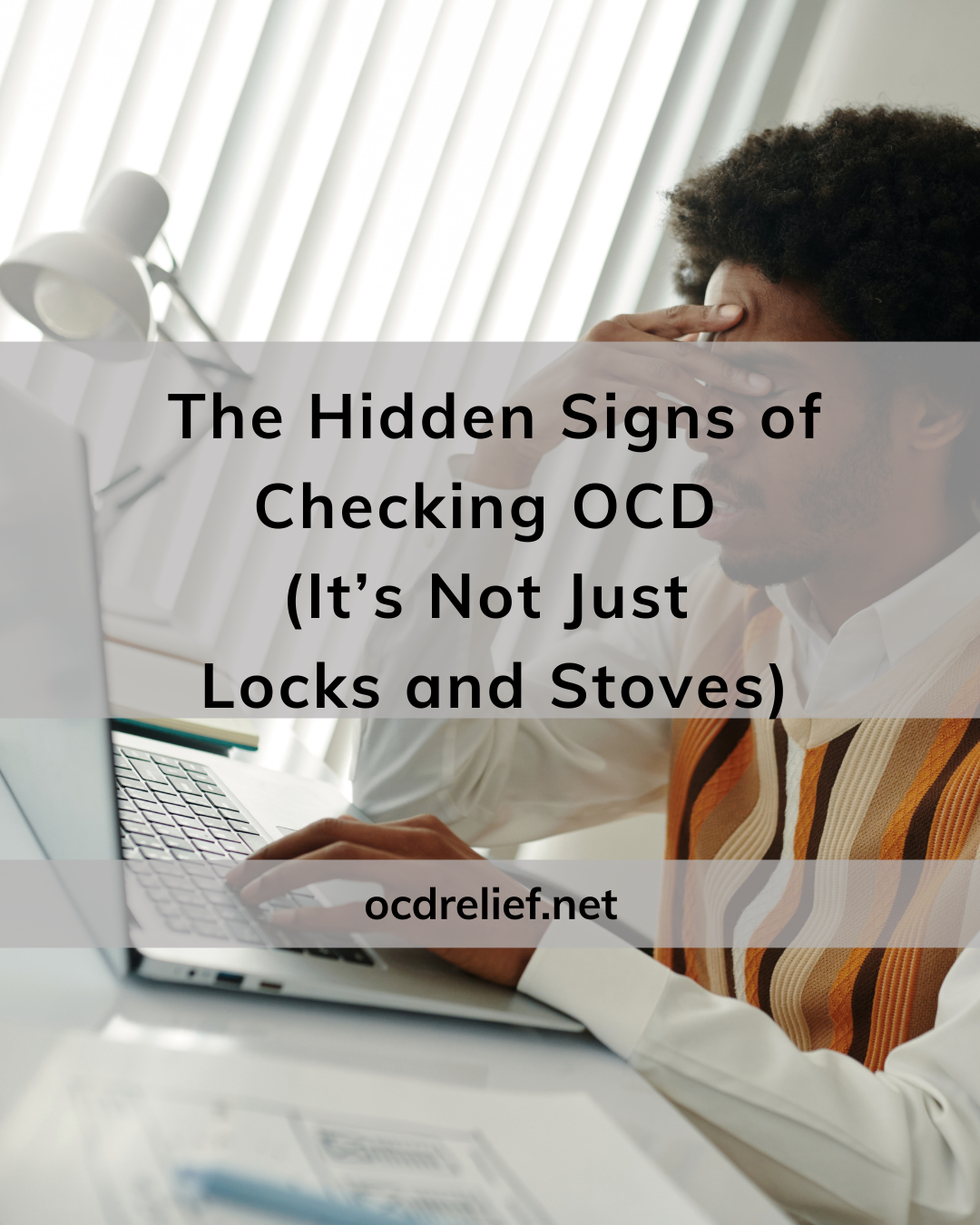
The Hidden Signs of Checking OCD (It’s Not Just Locks and Stoves)
Checking OCD isn’t just about locks and stoves. Learn the hidden signs, including memory checking, emotional checking, and digital checking, and how these compulsions keep people stuck in doubt. Discover how ERP helps break the cycle and rebuild trust in your mind.

Why ERP Is Not “Just Exposure”: What Actually Makes Treatment Work
ERP is more than just facing fears. Learn why response prevention, habituation, and inhibitory learning are what truly make ERP effective for OCD treatment and why exposure alone often isn’t enough to create lasting change.

Why Contamination OCD Isn’t Really About Germs
Contamination OCD isn’t really about germs, it’s about fear, uncertainty, responsibility, and emotional discomfort. Learn the true drivers of contamination OCD, why compulsions provide only temporary relief, and how ERP helps you build a healthier, more flexible relationship with uncertainty.

OCD vs. OCPD: Understanding the Differences (and Why They’re Often Confused)
OCD and OCPD are often confused but they are very different conditions. Learn the key similarities and differences between OCD and OCPD, including egodystonic vs. egosyntonic thoughts, why diagnosis matters, and how treatment approaches differ for real, lasting change.

Navigating OCD Around the Holidays: How to Manage Triggers, Food, Family, and All the “What Ifs”
Learn how to navigate OCD around the holidays with ERP strategies, flexible thinking, and compassion. Practical tips for managing triggers, food anxiety, family gatherings, and holiday rituals.

What Progress in OCD Therapy Actually Looks Like (Hint: It’s Not Feeling Better Right Away)
OCD therapy progress doesn’t always mean feeling better, it means learning to live with discomfort and freedom from compulsions. Discover what real progress in Exposure and Response Prevention (ERP) looks like, why anxiety can increase before it fades, and how true healing often feels harder before it feels easier.

Afraid to Join a Group? Why OCD Group Therapy is Worth it Anyway
Afraid of group therapy? You’re not alone. Learn how OCD group therapy reduces shame, builds connection, and reinforces ERP skills in a supportive environment. Discover why healing together can be one of the most powerful parts of your recovery.
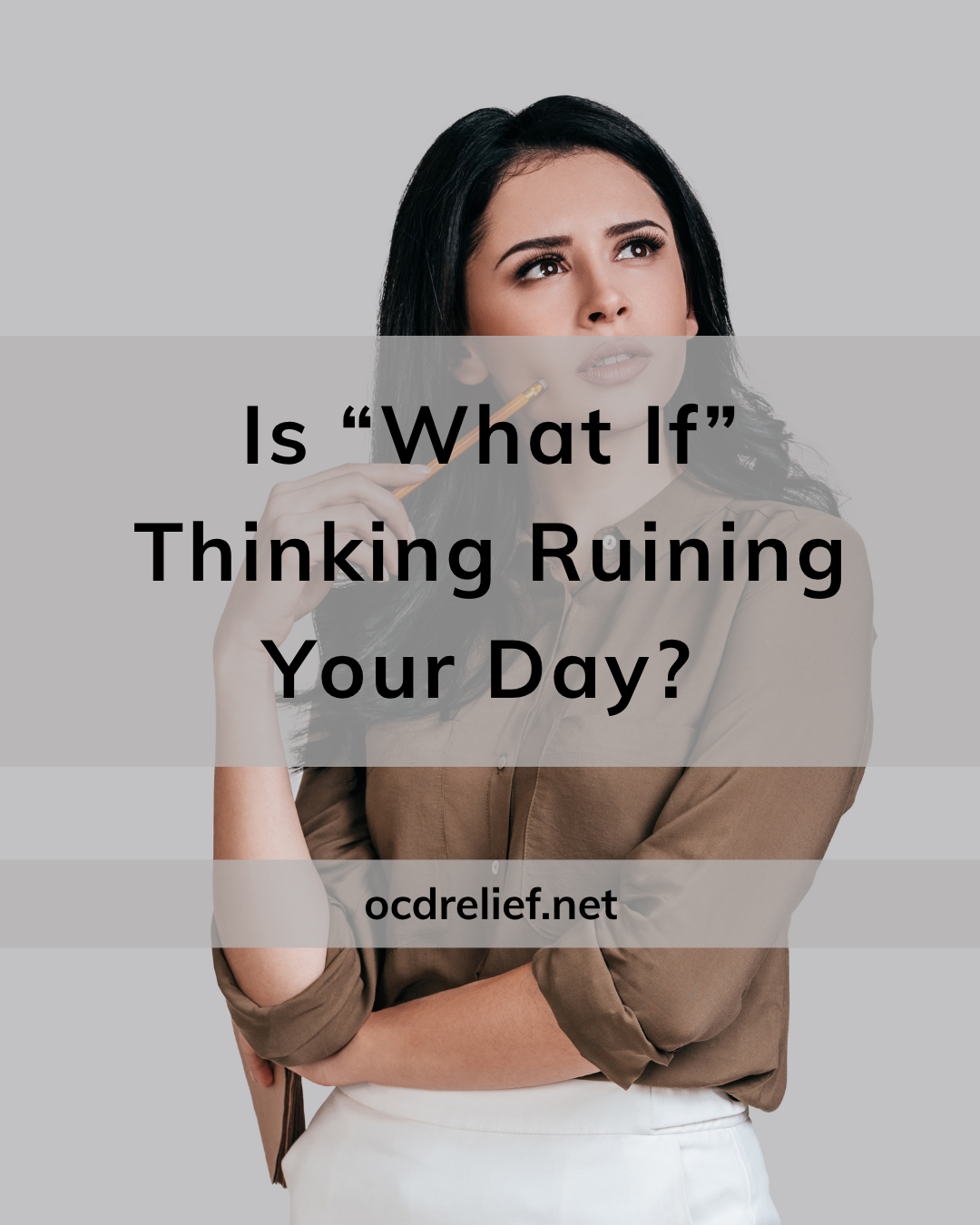
Is “What If” Thinking Ruining Your Day?
Are your “what if” thoughts taking over your day? Learn how this thinking pattern relates to OCD, why your brain craves certainty, and how tools like uncertainty scripts and ERP therapy can help you tolerate the unknown and find peace again.

Contamination OCD: When Trying to Be Healthy Becomes Unhealthy
When healthy habits become fear-driven, contamination OCD may be to blame. Learn how to tell the difference between cleanliness and compulsion, why ERP treatment doesn’t mean “never wash again,” and how specialized therapy helps you find balance and freedom from obsessive fears.

“I’m Afraid to Tell My Therapist What I’m Thinking”: Understanding Intrusive Thoughts and Mandated Reporting
Worried your intrusive thoughts might get you reported? You’re not alone. Learn the truth about mandated reporting laws, the difference between ego-dystonic and dangerous thoughts, and why it’s safe, and vital, to talk openly with an OCD specialist who understands intrusive thoughts.

You Can Afford OCD Treatment and it Might Cost Less Than What You’re Already Spending
Therapy can be expensive but ineffective therapy costs even more. Many people spend years and thousands of dollars on treatment that doesn’t work for OCD. Learn why specialized, short-term treatment like ERP can save you time, money, and emotional energy and why you really can afford to get the right help.

When the World Feels Too Loud: Social Media & Global Tension are Fueling Anxiety and OCD
The world is loud and your brain wasn’t built for constant breaking news, political conflict, and social media noise. Learn how global tension and endless scrolling can fuel anxiety and OCD, why your nervous system feels hijacked, and what steps can help you take back control.

Why ‘Pure O’ is Pure BS
“Pure O” isn’t real. Even when compulsions are invisible, they’re still there hidden in mental rituals like rumination and reassurance seeking. Learn why the “Pure O” label is misleading and how ERP therapy can help you break free from OCD’s grip. Get expert support at The OCD Relief Clinic in Ogden, Utah.

OCD in Children: What Every Parent Should Know (and How to Help)
Wondering if your child might have OCD? Learn how to recognize the signs, understand what’s really going on beneath the surface, and discover how to help your child manage anxiety and compulsions with compassion and evidence-based care from The OCD Relief Clinic in Ogden, Utah.
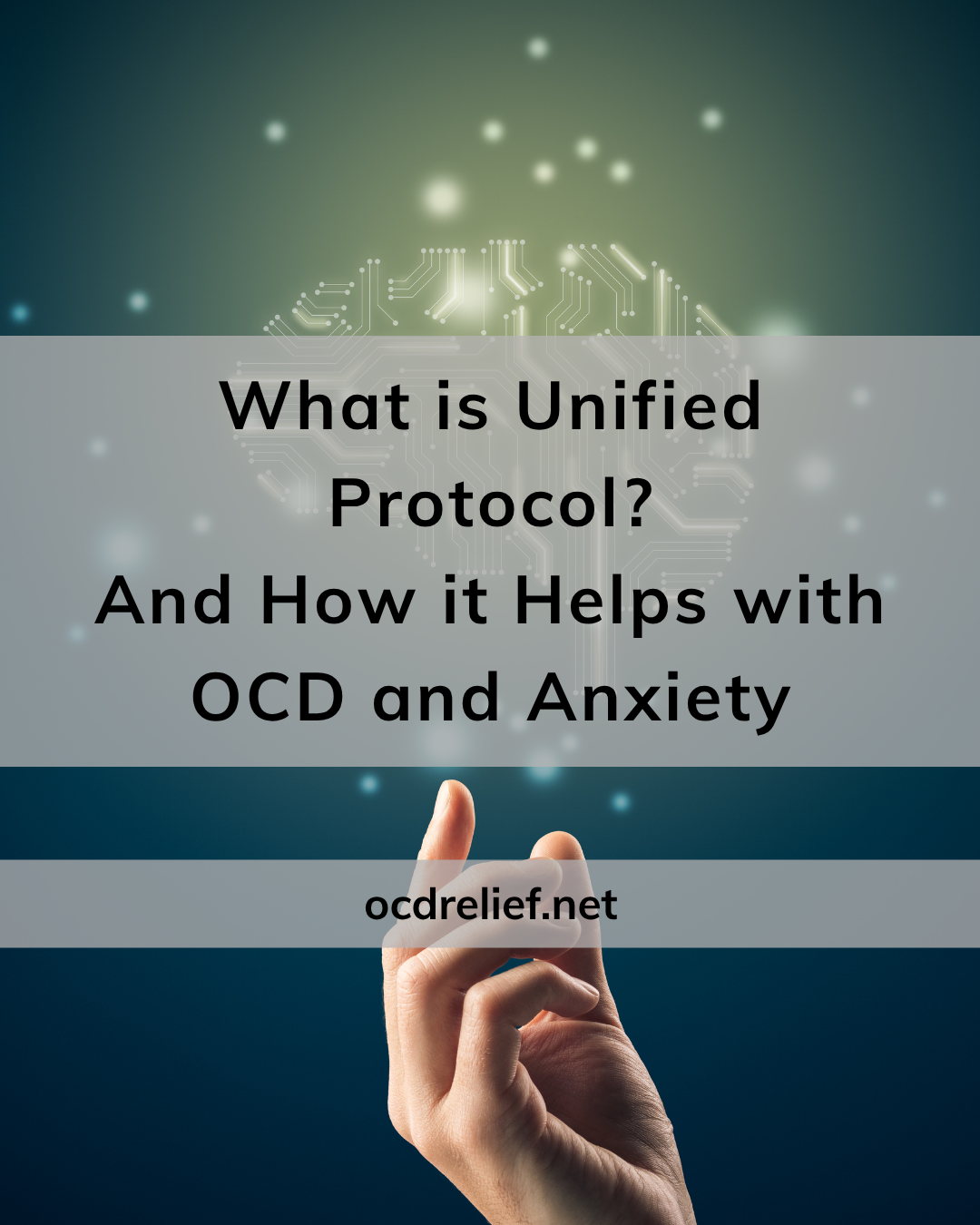
What is Unified Protocol? And How it Helps with OCD and Anxiety
Unified Protocol (UP) is an evidence-based therapy that helps people with OCD and anxiety build emotional resilience, reduce avoidance, and live more fully. Learn how UP works, the core skills it teaches, and why pairing it with ERP creates powerful results in recovery.
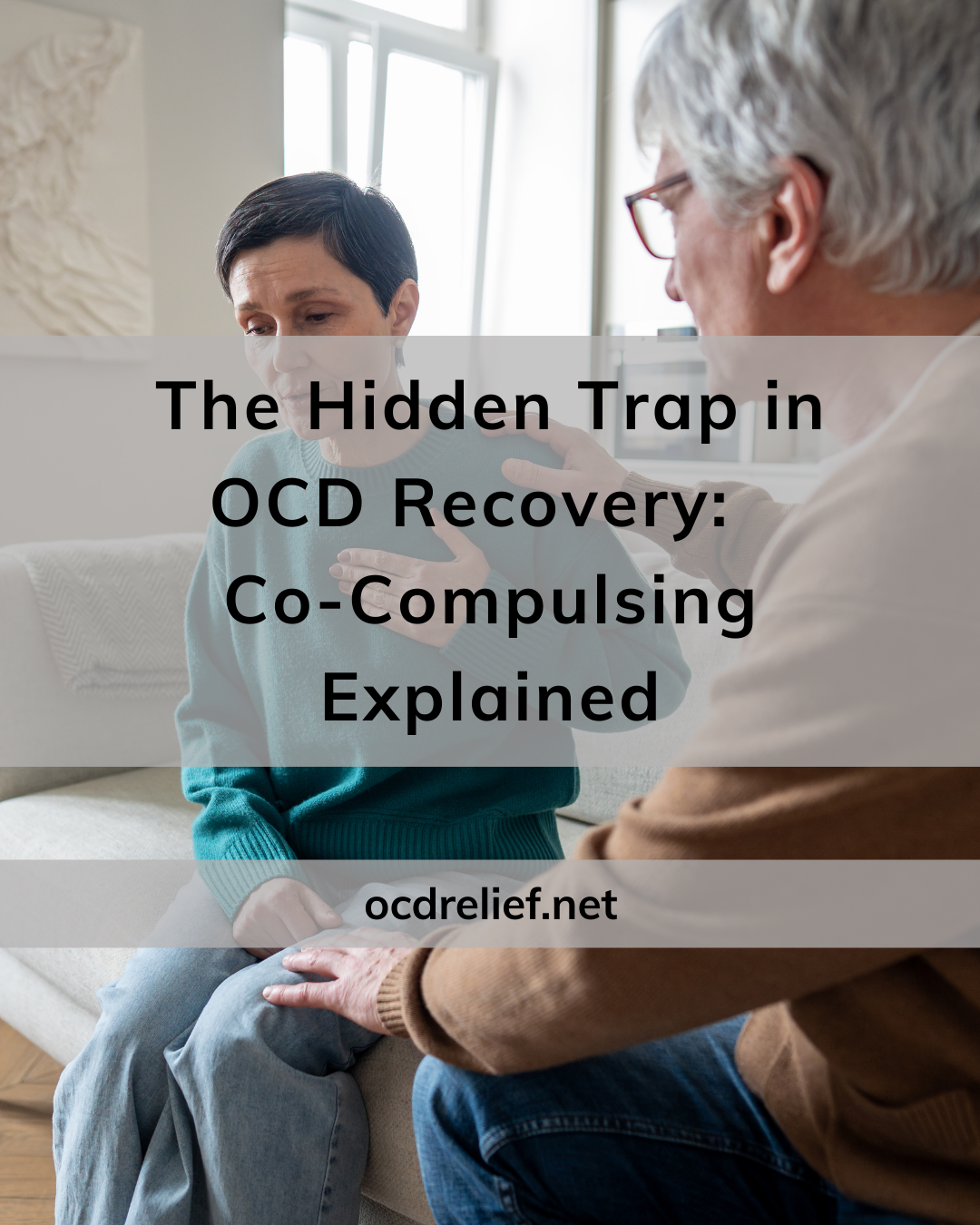
The Hidden Trap in OCD Recovery: Co-Compulsing Explained
Co-compulsing happens when loved ones unintentionally participate in OCD rituals, reinforcing the cycle instead of breaking it. Learn what co-compulsing looks like, why it holds recovery back, and practical steps to set boundaries and truly support your loved one’s healing.
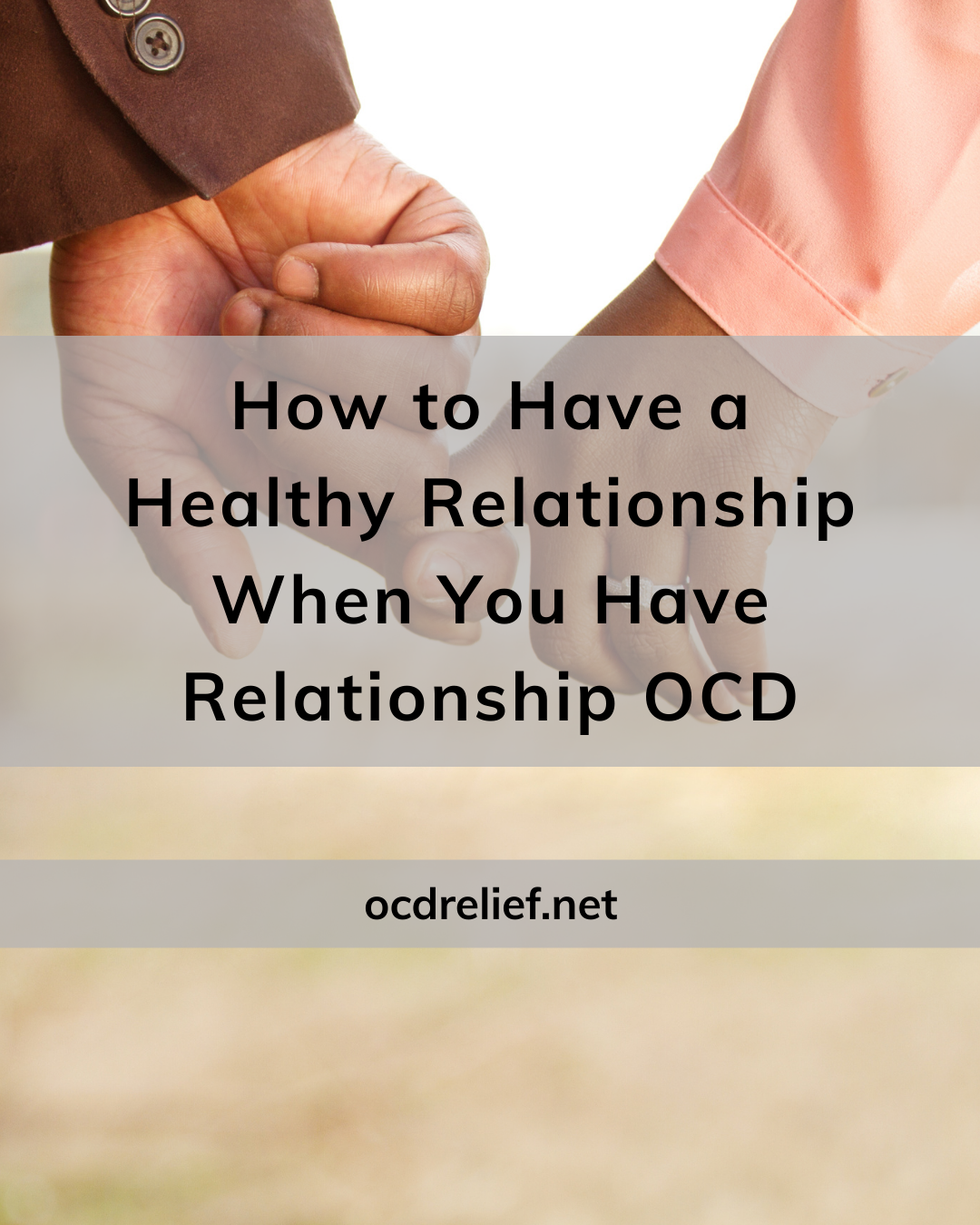
How to Have a Healthy Relationship When You Have Relationship OCD
Can you have a healthy relationship if you have Relationship OCD? Absolutely. Learn how ROCD shows up, how treatment like ERP helps, and practical tips to stop doubt from running the show so you can build a relationship rooted in values, not fear.
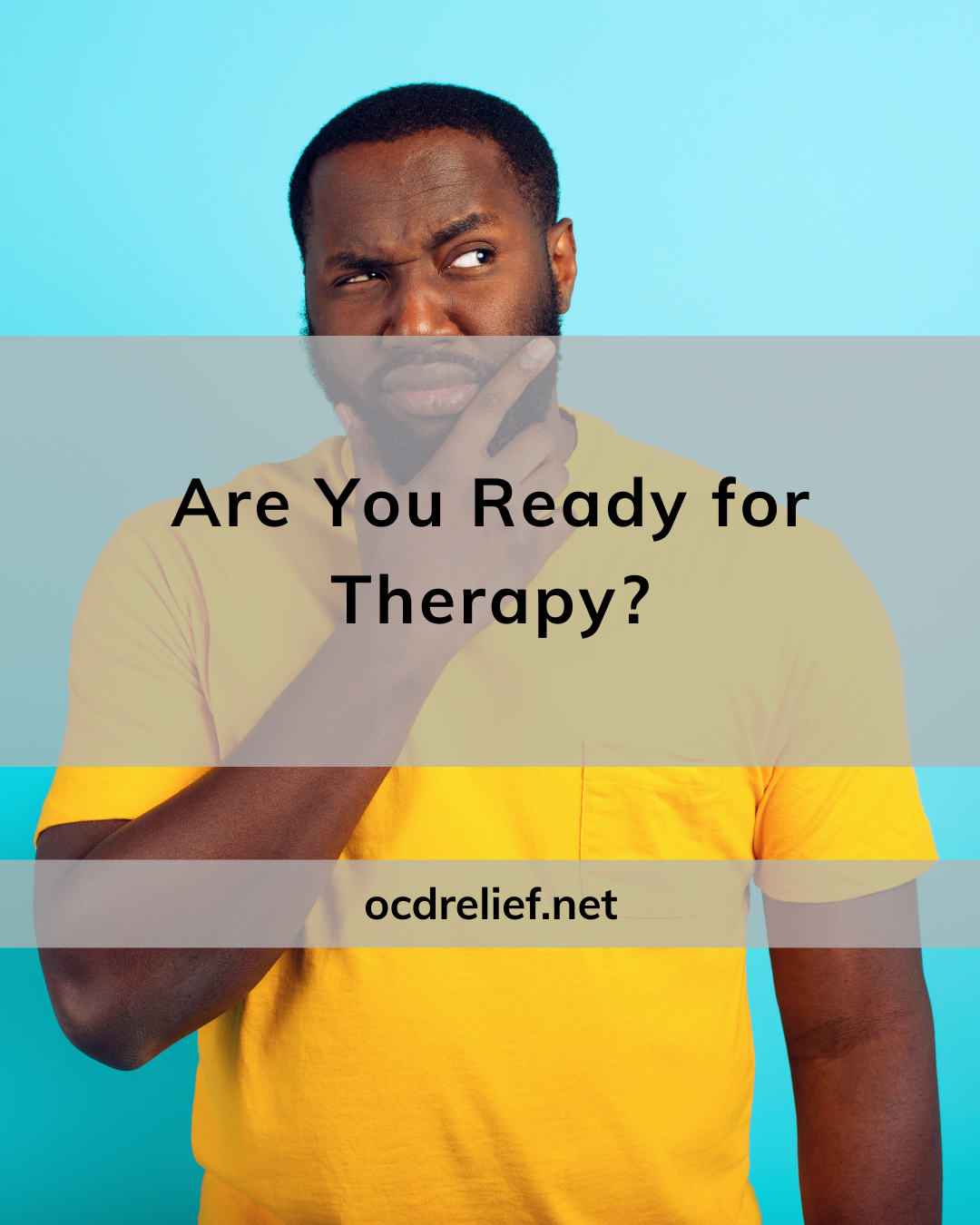
Are You Ready for Therapy?
Wondering if you’re ready for therapy? If friends’ support isn’t enough, you’re self-diagnosing from social media, or OCD and anxiety are taking over, it may be time. Learn the signs you’re ready, why evidence-based therapy like ERP matters, and how professional support can help you find lasting relief.
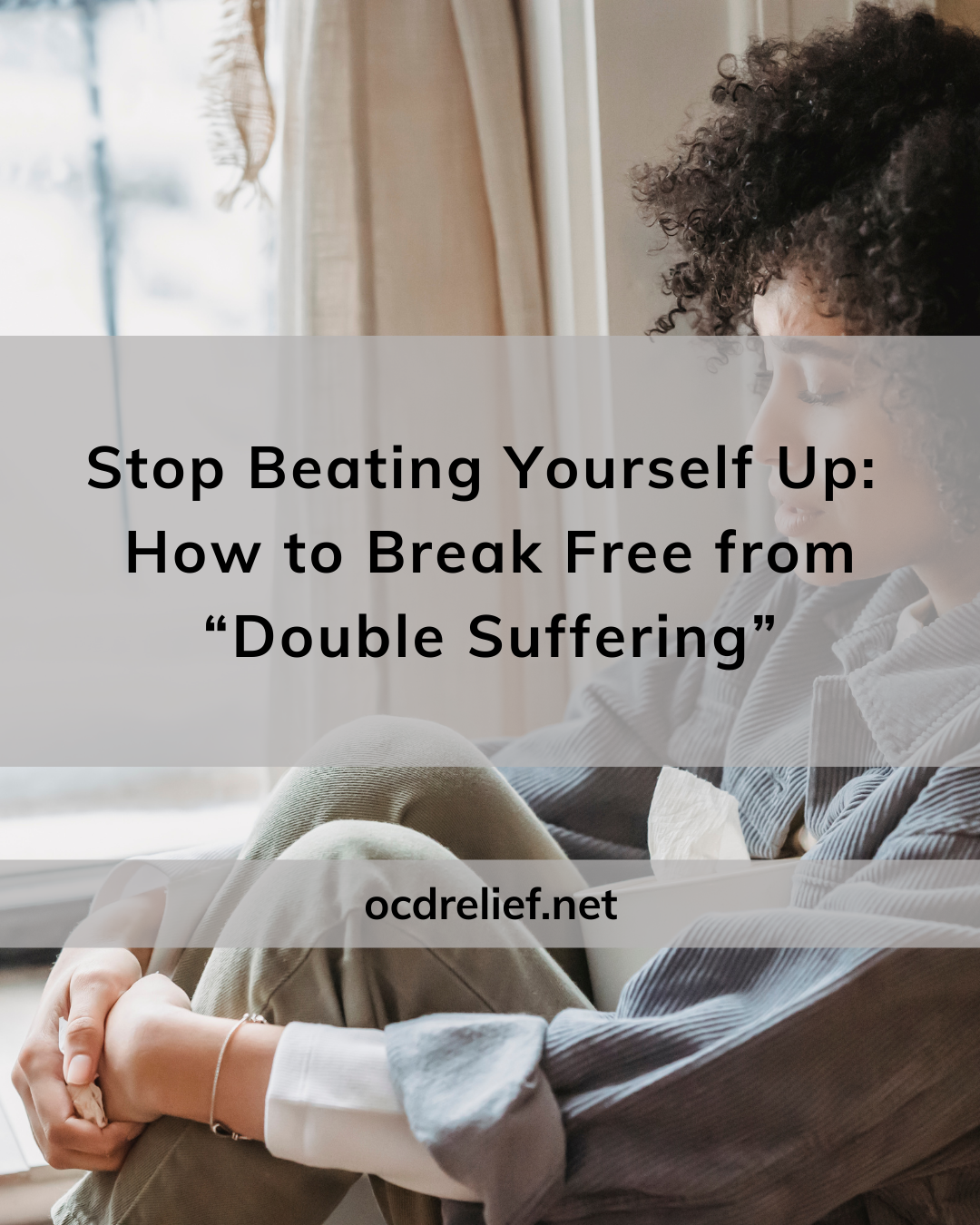
Stop Beating Yourself Up: How to Break Free from “Double Suffering”
Anxiety and OCD are hard enough on their own but many people add a second layer of pain through self-criticism and shame. This “double suffering” keeps clients stuck in recovery. Learn what it is, why it holds you back, and therapist-backed techniques to break free with self-compassion.
